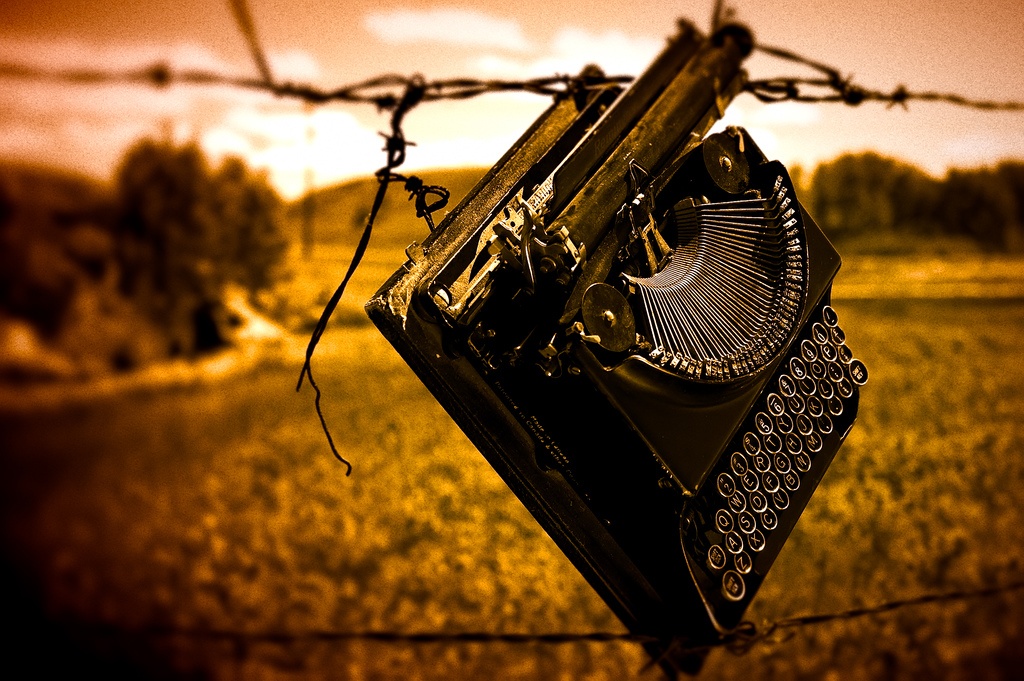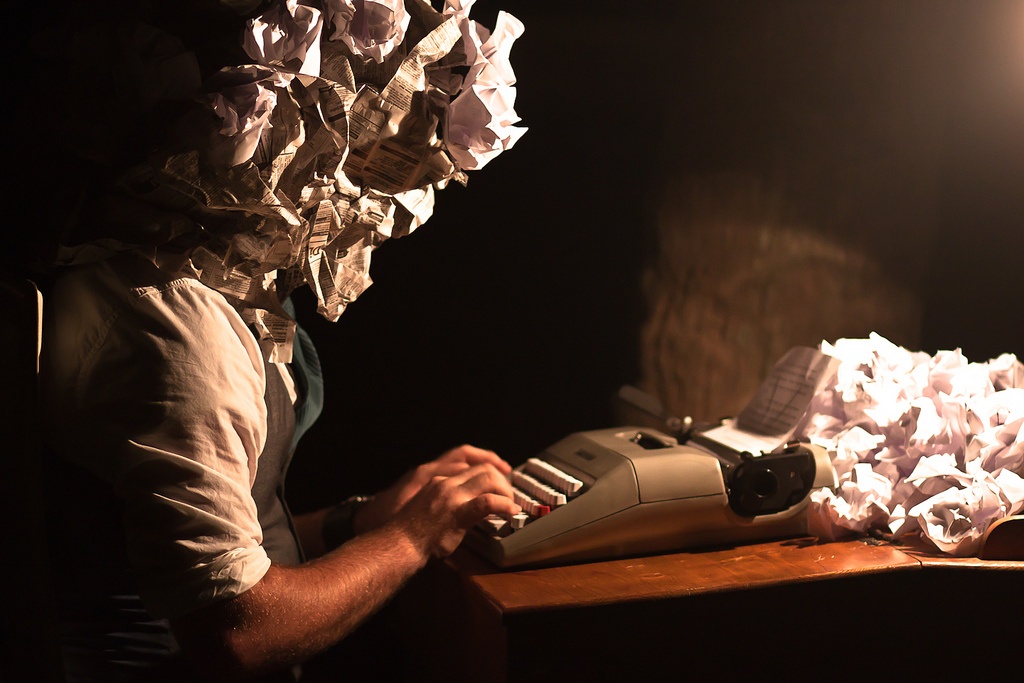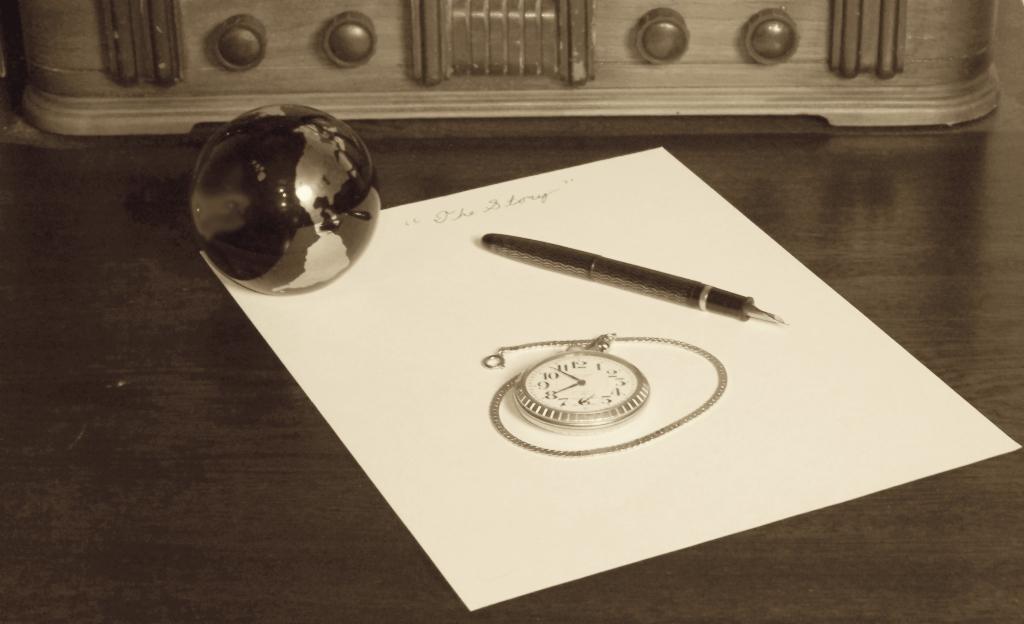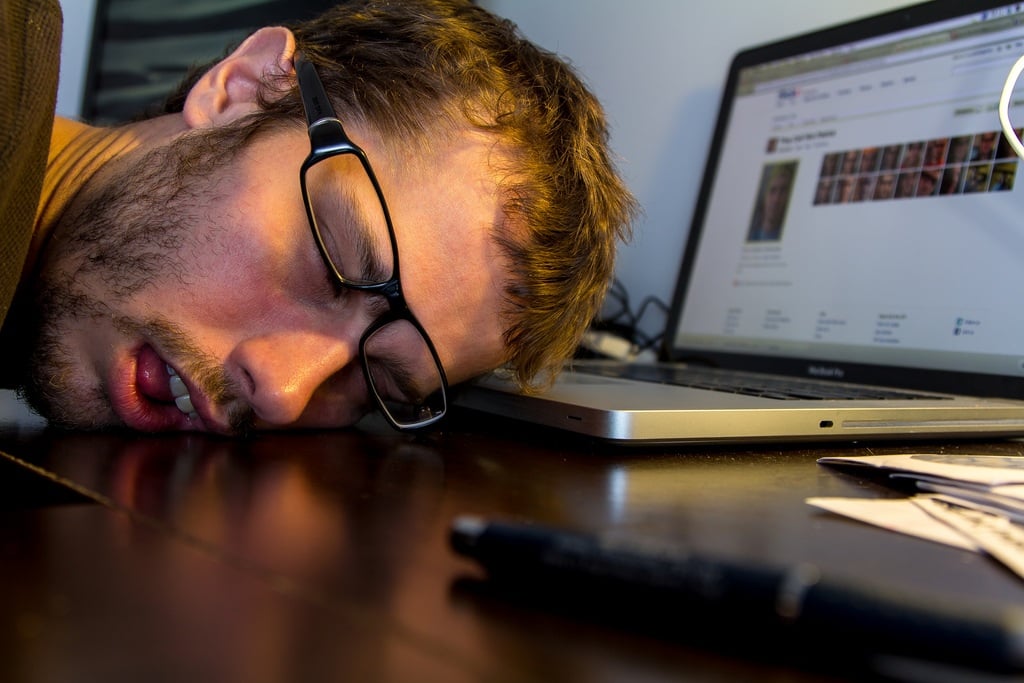Copywriters all over the world face the same difficulties when they start a new project: the emptiness of a blank sheet of paper. No ideas or too many of them, but the same result; it is like someone just handcuffed you and you are unable to write anything. However, once you solve this starting issue, another one emerges: the lack of time. Time for some productivity hacks for writers. Where could you possibly find them? You’ve guessed it: in the mind and work of some of the world’s greatest writers of all time.
Victor Hugo: Always have breakfast
This famous author who started his writing days with a good breakfast was on a great productivity hacks path. His favourite food was raw egg, which is rich in proteins and gives you the necessary energy refill for a new creative day. As there are a lot of proteins in eggs, it is great brain food. But don’t limit your options: go ahead and find your own copywriter’s perfect breakfast recipe by experimenting with meat, veggies or fruits.
Agatha Christie and Ernest Hemingway: Write on improvised desks
Both these two writers never had a writing desk, but used to improvise: Christie wrote her 80 novels, 19 plays and many other pieces whenever she could. Hemingway wrote standing up. To make the most of this item on the copywriter productivity hacks list try to establish your writing office in the garden or in the kitchen for a couple of days. Changing the landscape could be the trick you are looking for to boost your creativity and productivity, so try to follow the inventor of the genius detective Poirot.
Frank Lloyd Wright: Make-up a complete sketch in your head before you actually start writing
Some writers like to play with their words and see where it all goes to, but this particular writer needed to have it all figured out before he actually started to write anything. This might also be a great piece of wisdom in terms of productivity hacks, as your mind can work better on those catchy phrases if you already know your content. Plus, some copywriters can come up with real gems when working under pressure.
Vladimir Nabolov: Use multiple cards, then order them as needed
This productivity hack might seem strange, but it sure worked great. Nabokov used to write his ideas on drafts on index cards. He then ordered them, experimenting with different positions, until he got it right. In the world of article writing, this might not work at all, but a copywriter has the opportunity to play with the phrases, chapters and paragraphs in order to create a perfect piece of art.
Stephen King: Set a daily goal and never let anything distract you from it
The author of many critically acclaimed books has a goal of 200- words for each day of the year, no matter if it is a holiday or the weather is great for barbecue. By mimicking him you can make a habit of writing and thus, unleash your productivity, as well as your creativity.
Anne Rice: Write by night, sleep during the day
The famous author did this to test how a vampire life felt. Just joking! She followed this schedule because she found it easier to write during the night, when there are no distractions. This can be one of the greatest productivity hacks for a copywriter who affords to spend the day sleeping, as many people find it easier to work during the night.
Jerzy Kosinski: Sleep for 8 hours daily, but not all at the same time
For those who can’t try the productivity hack of Mrs. Rice, here is another idea of a great schedule: make sure you get eight hours of sleep, but divide them across the day and night. Kosinski woke up at 8 am, worked for some hours, then got a nap, resumed his writing, then completed the sleep hours. This might work great as you actually make sure you don’t over-exhaust your brain and eyes by working long hours.
Mark Twain: Get immediate feedback
This might be a niche productivity trick as not all copywriters do have someone to listen to their writings, but you could at least try it. After you finish your work, read it out loud, even if you are alone in the room. This can increase your productivity and your creativity, while you can make sure there are no mistakes in the text.
Henry James and Anthony Trollope: Don’t pause
Both of these writers took another project after finishing one, so they almost never paused between writings. This can keep your mind going and decrease the “lazy day” effect, which can kick in after a short break in writing.
Featured photo credit: Content writer via flickr.com





















































